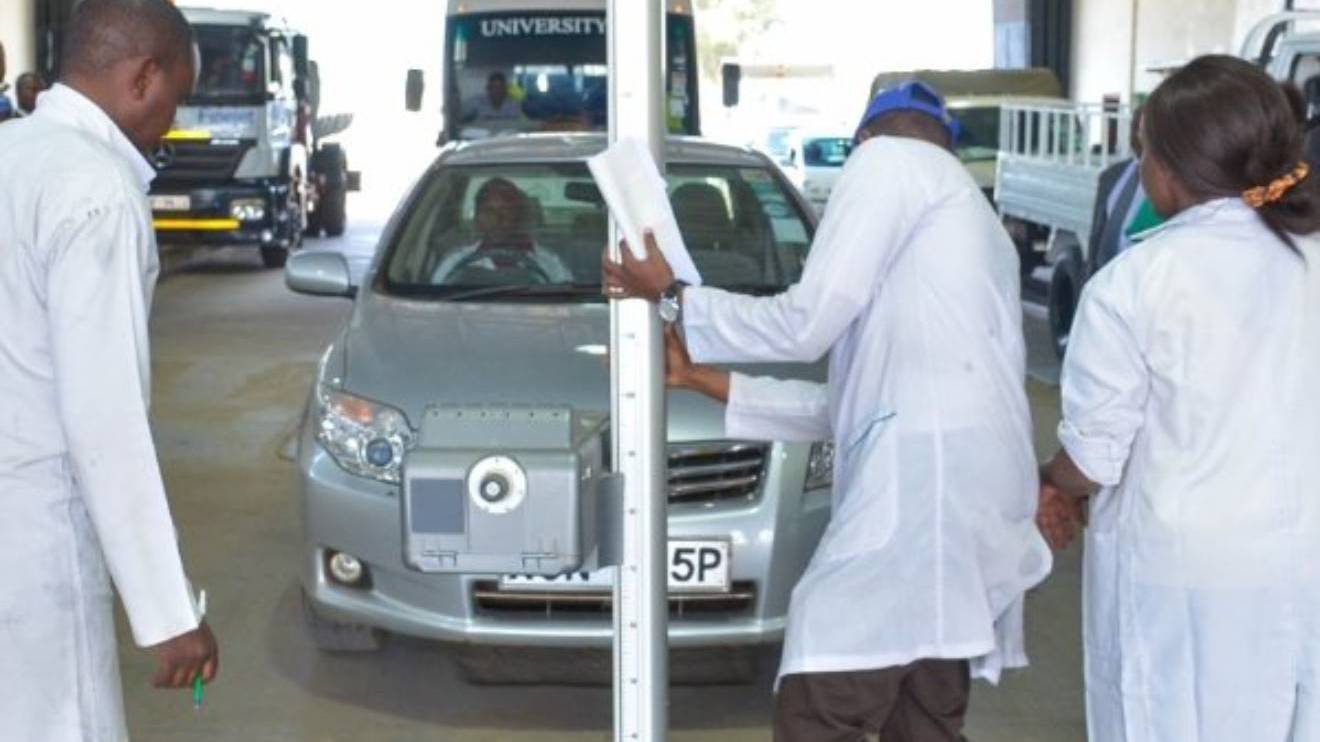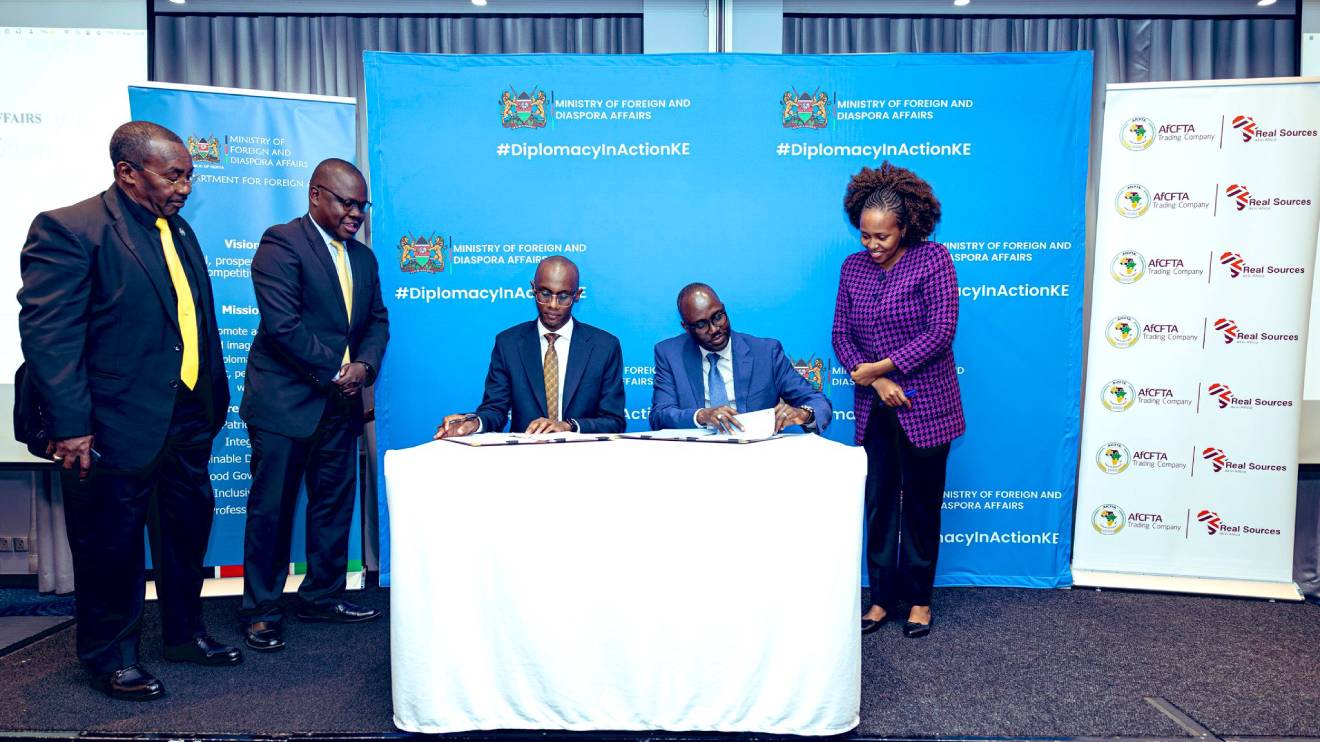Motorists in Kenya will soon be required to submit vehicles older than four years to mandatory inspections under a newly proposed legal framework.
The initiative, announced by Transport Cabinet Secretary Davis Chirchir in a gazette notice, is designed to bolster road safety, lower harmful emissions, and ensure vehicles on the nation’s roads meet essential mechanical standards.
The directive targets commercial, school, and public service vehicles, marking a significant shift in the government’s approach to transport regulation.
The proposal outlines regular checks that will cover pre-registration assessments, post-accident inspections, and examinations whenever a vehicle’s registration details are altered.
“The main objective of the proposed Rules is to provide a structured legal framework for the inspection of motor vehicles aimed at promoting roadworthiness, reducing emissions and enhancing the overall safety of road transport,” read the gazette notice in part.
Read More
As part of the measures, salvaged vehicles will undergo reclassification and be subjected to a re-registration process to verify compliance with safety and mechanical requirements.
Additionally, the rules seek to standardise inspection stickers across the board, introduce a licensing structure for private vehicle testing centres and inspectors, and impose penalties for non-compliance.
The National Transport and Safety Authority (NTSA) will be tasked with ensuring full enforcement of these regulations.
The government’s focus extends beyond vehicle inspections. A separate set of proposals, the Traffic (School Transport) Rules, 2025, aims to professionalise the transportation of school children.
These measures include licensing protocols for school transport providers, mandatory safety features such as seat belts and fire extinguishers, and specific qualifications for drivers and attendants.
Using school transport vehicles for private errands without authorisation will be prohibited, and all such vehicles will need to display distinctive signage and markings.
Efforts to tackle drink driving are also set to intensify.
The proposed Traffic (Drink Driving) Rules, 2025, will introduce clear legal alcohol limits, permit the use of breathalysers and biological sample testing, and set out penalties for drivers who refuse testing.
Repeat offenders will face a tiered penalty system that could see their licences suspended or even revoked.
Commercial transport operators are not left out in the reforms. The draft National Transport and Safety (Operation of Commercial Vehicles) Regulations, 2025, proposes the introduction of licensing requirements for vehicle owners, operators, and drivers in the commercial sector.
The goal, according to the government, is to raise standards of safety and professionalism across the industry.
If approved, these comprehensive measures will mark a major overhaul of Kenya’s transport laws, with far-reaching implications for motorists, passengers, and the wider public.










